Ever come home to find your favorite sneakers shredded like confetti? If you’re nodding with a sigh, trust me, you’re not alone. Dogs and shoes have a strangely magnetic relationship—one that’s equal parts hilarious and headache-inducing. But here’s some good news: with a little know-how and a whole lot of heart, you can help your pup kick this chewy habit for good. Let’s dig into eight real-world strategies that work for real dog lovers like us.
Understand Why Your Dog Chews

First things first—dogs don’t munch on your shoes out of spite. Most often, chewing is rooted in boredom, teething, or a natural urge to explore textures and scents. Your shoes carry your scent, which is soothing for your furry friend, especially if they’re feeling anxious or missing you.
If your dog is a puppy, teething can make chewing irresistible. For older dogs, it might be stress or just plain curiosity. Understanding the “why” behind the chewing helps you respond with empathy, not frustration. Remember, every chewed-up shoelace is a clue your dog’s trying to tell you something.
Give Them Plenty of Chew-Friendly Alternatives
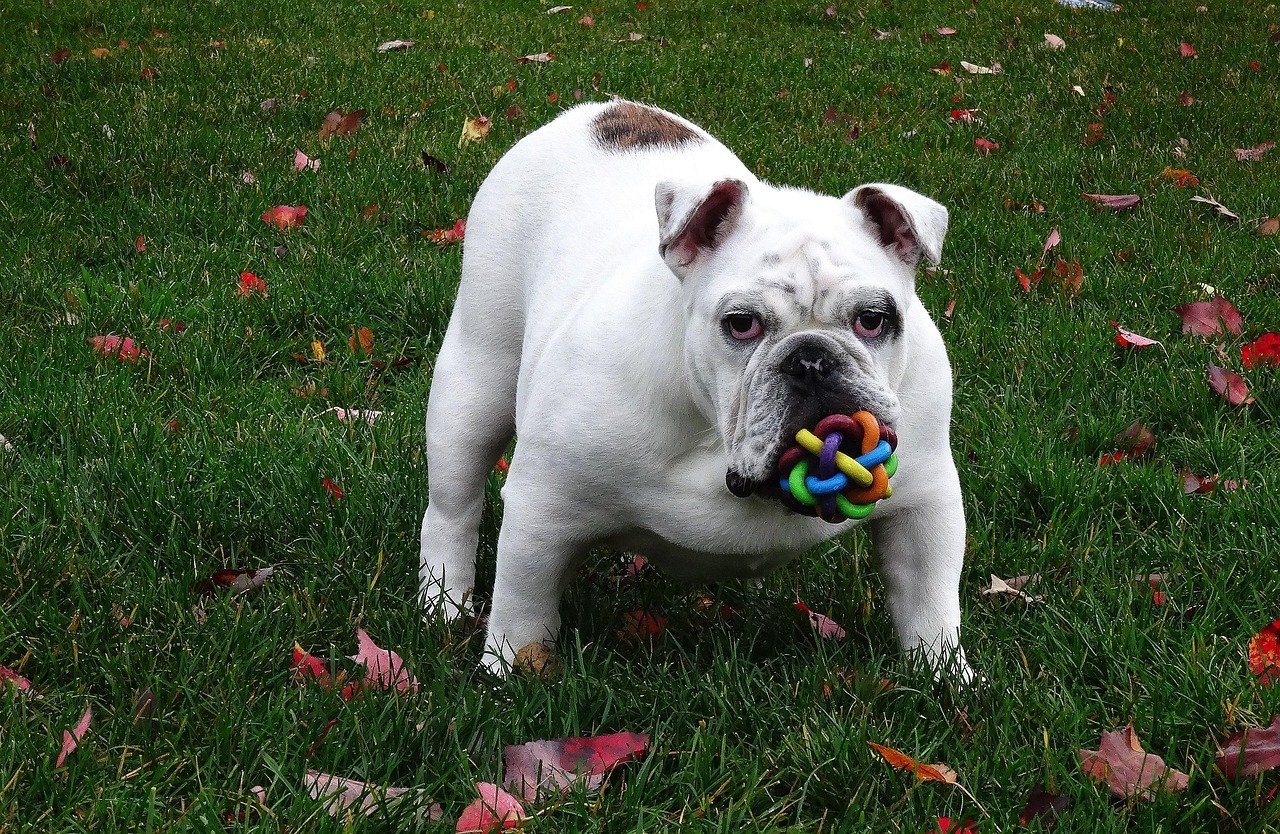
One of the easiest ways to redirect shoe-chewing is to offer toys that are actually meant for gnawing. Pick durable, safe chew toys that match your dog’s size and chewing style. Rotate them regularly to keep things exciting—imagine having only one TV channel to watch all day!
When you catch your pup in the act, calmly swap your shoe with a toy. Praise them when they chew the toy instead. Positive reinforcement goes a long way and helps your dog learn what’s fair game for their teeth.
Keep Shoes Out of Reach
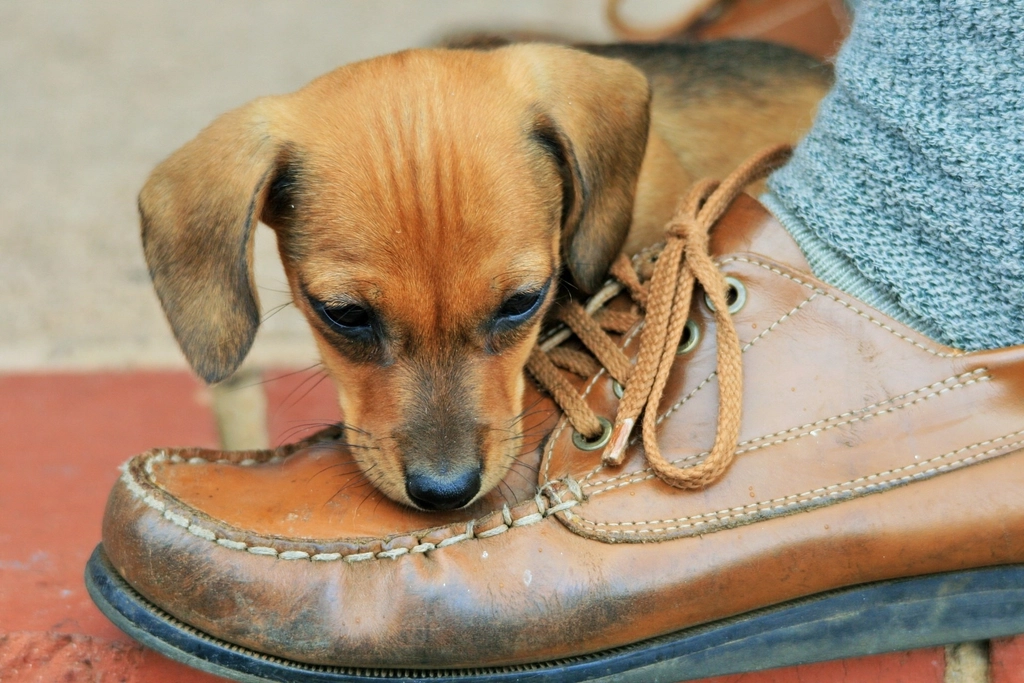
Let’s be honest: the simplest solution is often the most effective. Store your shoes in closets, on high shelves, or behind closed doors. This removes temptation and sets your dog up for success.
If you have kids or visitors, remind them to stash their shoes, too. Think of it as dog-proofing your home just like you would toddler-proof for curious little hands. Prevention is half the battle!
Increase Physical and Mental Exercise
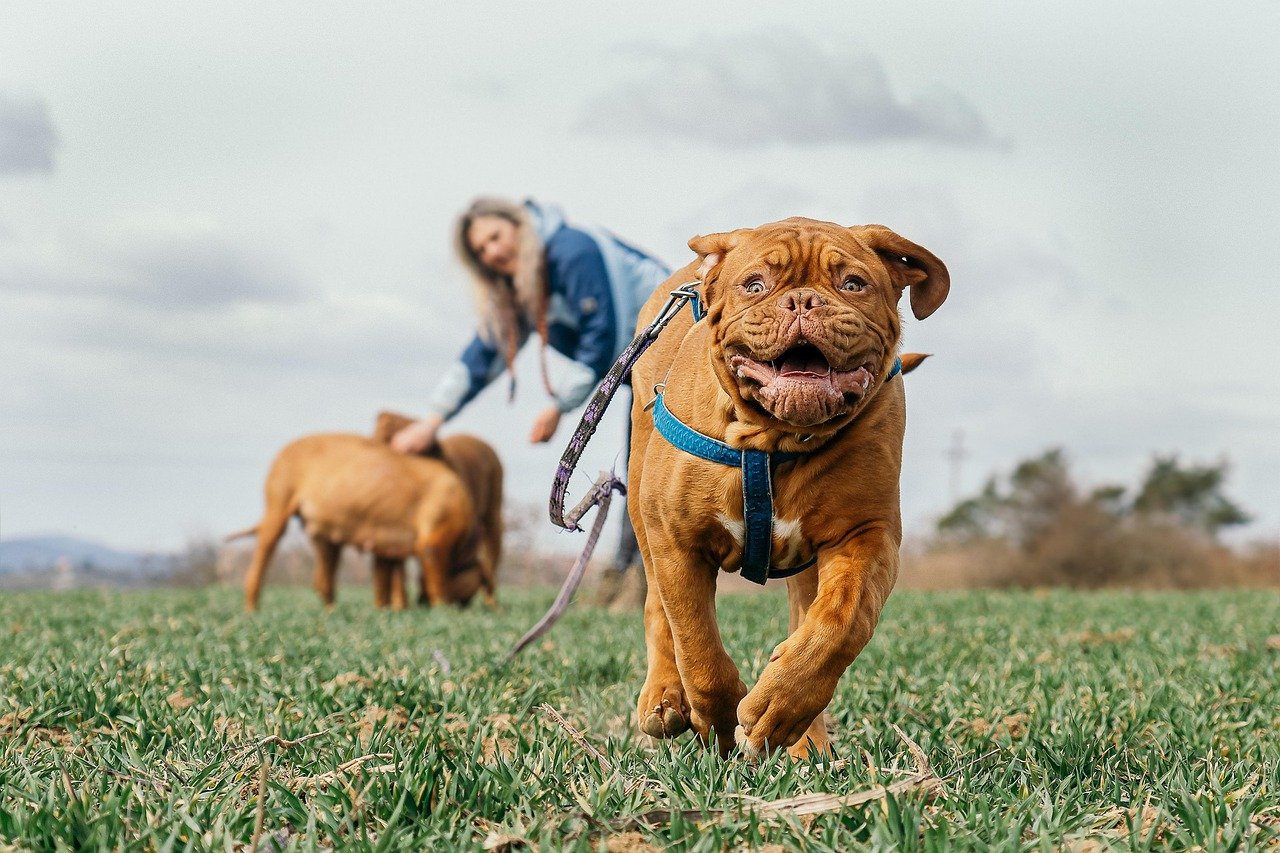
A tired dog is a happy—and far less destructive—dog. Make sure your pup gets enough walks, playtime, and mental stimulation throughout the day. Puzzle toys, scent games, and training sessions can work wonders.
Dogs often chew out of boredom or pent-up energy. If your dog’s getting restless, try adding an extra walk or some fetch in the backyard. You’ll be amazed how much less appealing your shoes become when your pup’s tuckered out.
Use Safe Deterrent Sprays
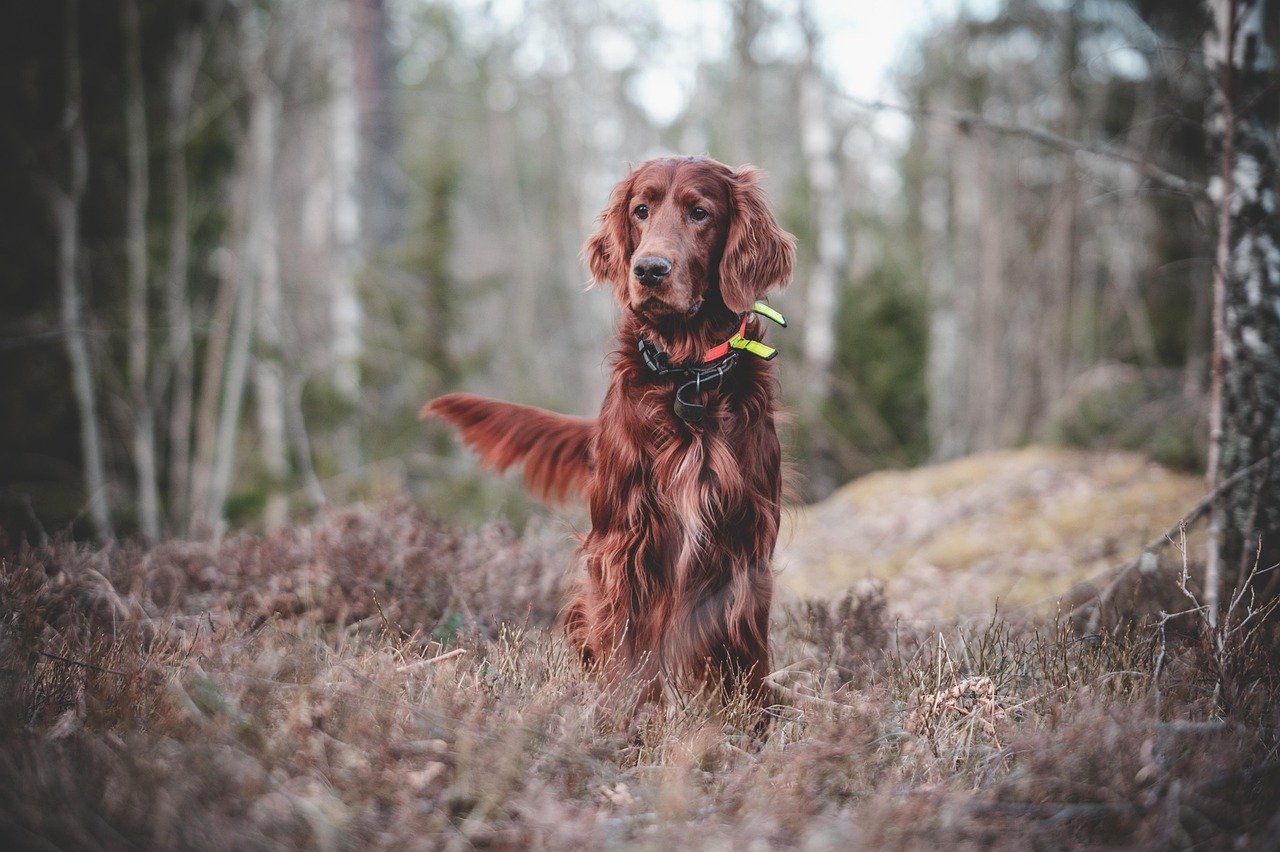
There are sprays made specifically to make things taste terrible to dogs. Lightly spritz your shoes (and ONLY your shoes) with a pet-safe bitter spray. Most dogs will reconsider after a single taste.
Always check that the spray is non-toxic and safe for pets. Some dogs might shrug off certain deterrents, so you may need to try a couple to find what works. It’s a simple tool, but it can be surprisingly effective.
Watch for Signs of Anxiety
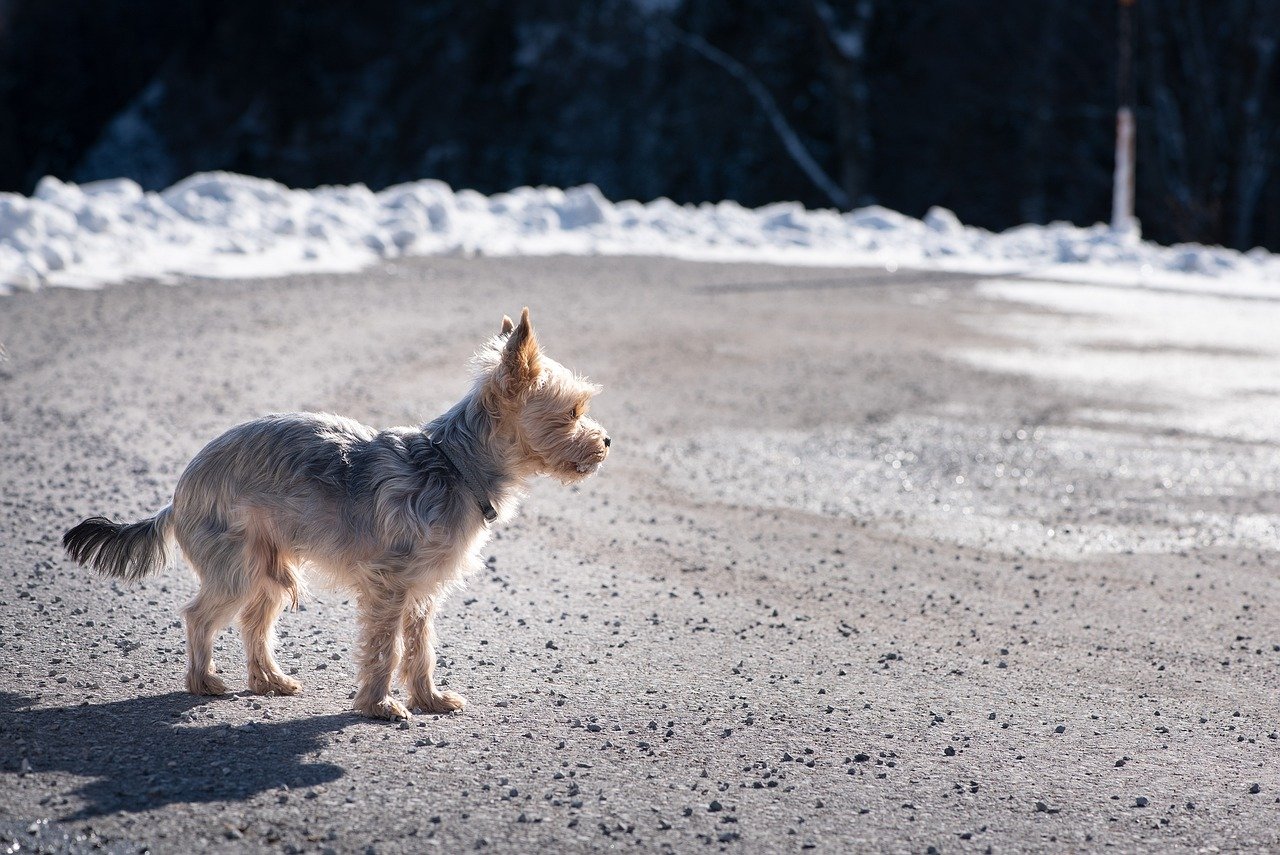
Sometimes, chewing is your dog’s way of coping with stress or separation anxiety. Watch for other cues like whining, pacing, or destructive behavior when you leave. If you suspect anxiety, address it with calming routines, safe spaces, or even a chat with your vet.
Leaving an old T-shirt with your scent can comfort your dog. If anxiety seems serious, professional help from a trainer or behaviorist might be needed—your dog’s mental health matters just as much as their physical one.
Teach the “Leave It” Command
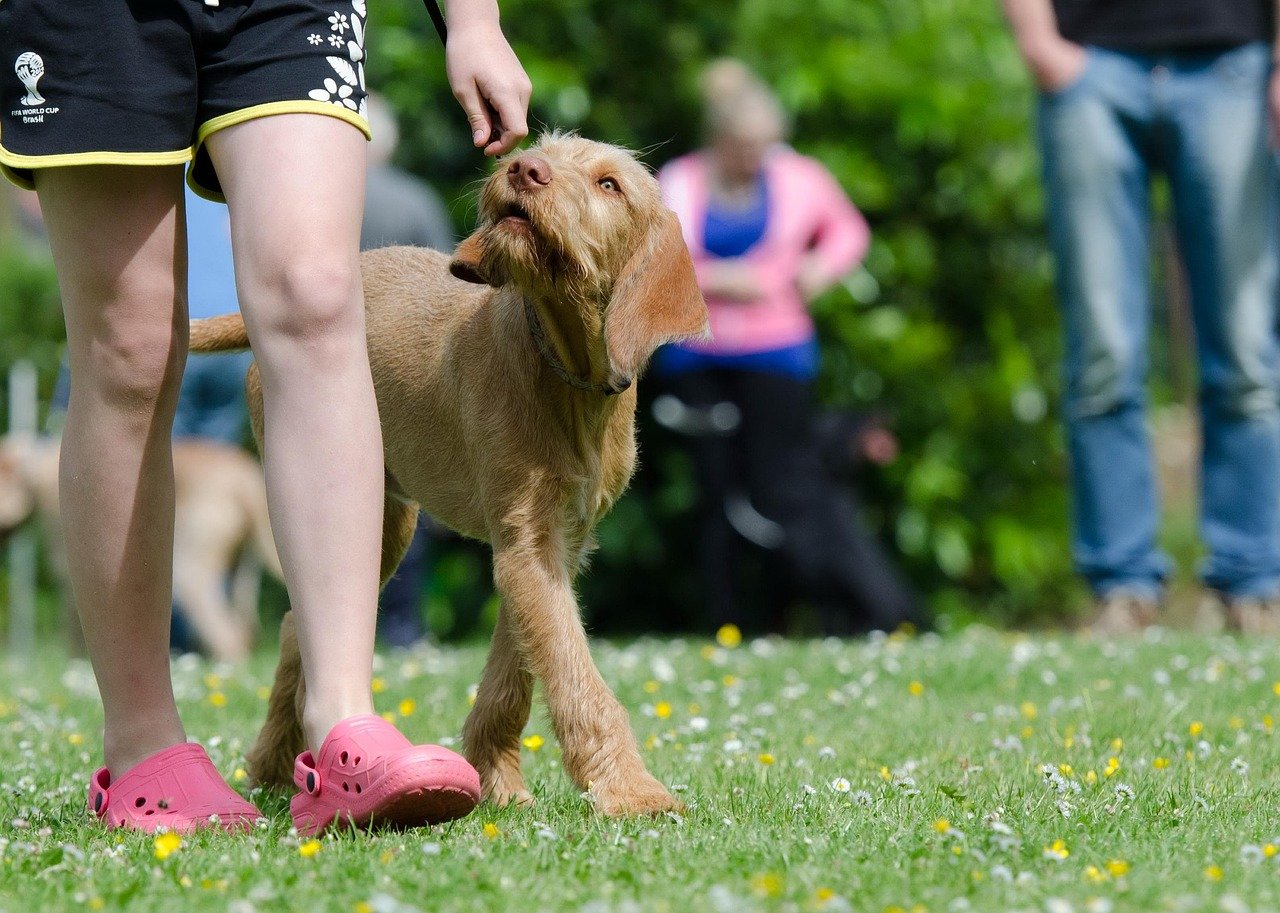
Training your dog to respond to “leave it” can save your shoes and teach your dog self-control. Start with treats or toys, rewarding your pup when they back off on cue. Practice makes perfect—be patient and consistent.
Eventually, you’ll be able to use “leave it” when your dog eyes your shoes. Training isn’t just about obedience; it’s about building trust and communication. Plus, it’s a great way to bond with your best friend.
Reward Good Choices Every Time
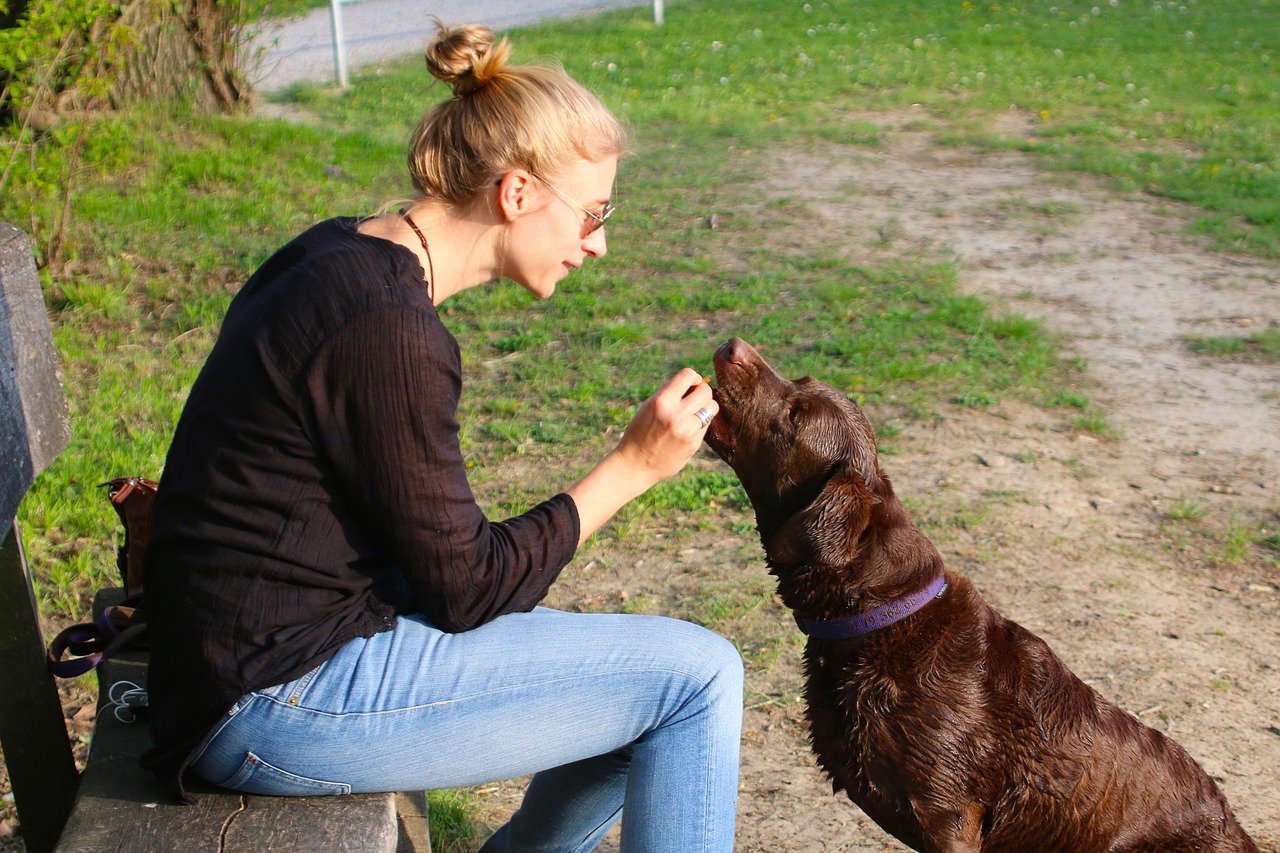
Celebrate when your dog chooses their toy over your shoe—even if it’s just a quick wag or a cheerful “good dog!” Rewards can be treats, affection, or extra playtime. Dogs thrive on positive feedback and will repeat behaviors that make you happy.
Consistency is key. The more you catch your pup making the right choice, the faster they’ll learn. Soon, those shoe-chewing days will be a memory, not a daily drama.
backlinks free
Monday 20th of October 2025
I dugg some of you post as I thought they were very useful very useful